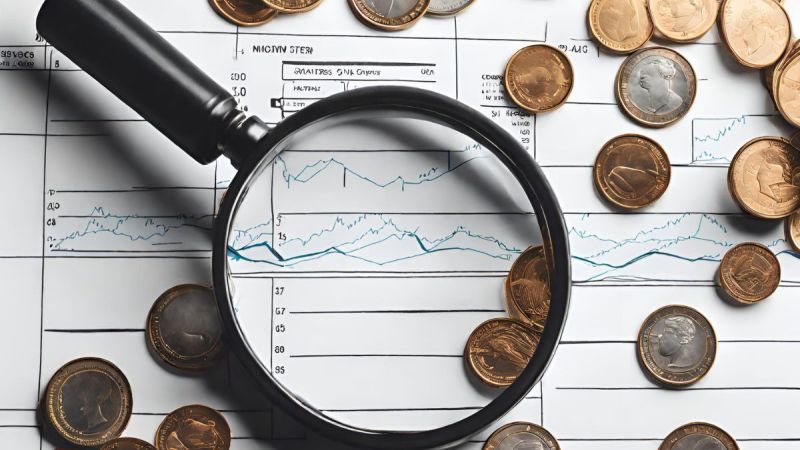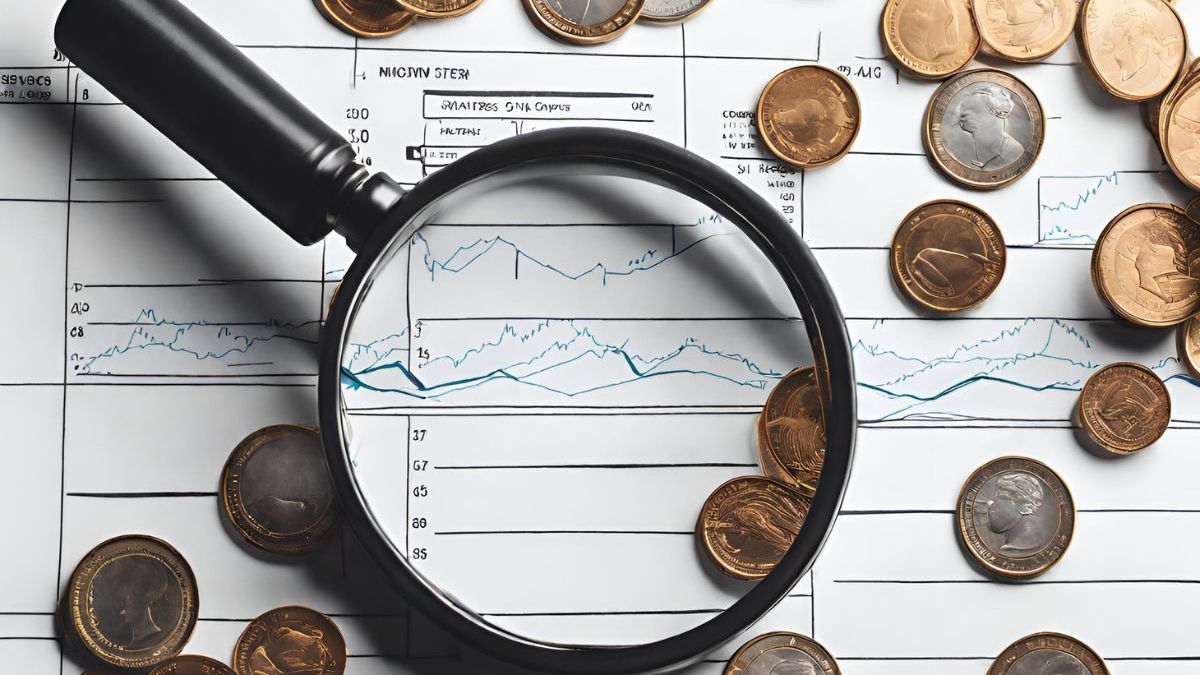Regulation of NGOs: Only in Venezuela?



Published at: 24/05/2024 06:00 PM
Non-Governmental Organizations (
NGOs) have become an invasion mechanism with the
excuse of helping to alleviate welfare, service and social
development problems in communities affected by the foreign exploitation of their
resources. It is through these organizations that they manage to influence
communities and thus unbalance the region.
According to the nature of their
creation, NGOs are
independent, non-profit organizations that arise as a result of civil and
popular initiatives and are generally linked to social,
cultural, development or other projects that generate structural changes in
certain spaces, communities, regions or countries.
However, the National University of La Plata (Argentina) published, in its journal Scenarios,
an article called “New forms of participation today: NGOs as a
strategy” by researchers Agustín
Zuccaro and Mariana Santín, in which they explain that they present themselves
as a new form of participation that
finds its social legitimacy in the media field: “It is the
media that give visibility to these new actors and who promote
the excessive value for managing the social conflict characteristic of any society.
They are the mainstream media that state
these forms of participation as valid, considering that they are those where
politics loses its meaning (poverty, health, education and food)”.
The researchers add, that
they are spaces where one avoids discussing the history of these problems in order to
state that each subject is the architect of his destiny and in this sense the social and the collective are lost
as a value, giving strength to the political project of capitalism.
Structures for the control of resources managed by NGOs
Once the functioning
of these organizations has been reviewed, in several countries of the world and according to
revised complaints, there are many cases where the interference of NGOs in the political structures of the nation in which they are located and which also serve to launder money and
finance terrorist groups is evident. This is why
national, regional and international institutions have been created to monitor the use of the
resources provided for their operation.
Thus, we have the Financial Intelligence Unit
(FIU)
Egmont Group , which is an international entity that has 150 affiliated countries and
is responsible for receiving reports from its members on
suspicious money laundering operations provided by
financial institutions and other entities, analyzing them and transmitting them both to the
competent authorities and to the justice service, to FIUs from other countries the information on these operations, in
order to combat and prevent any illegal activity.
As a global organization,
it facilitates and promotes the exchange of information, knowledge and cooperation
between the FIUs of the countries that comprise it.
It provides a platform for securely exchanging
knowledge and financial intelligence.
Venezuela belongs to the
Egmont Group through the National Financial Intelligence Unit
(UNIF), which processes and analyzes Suspicious Activity Reports
(RAS) submitted by the various
obligated entities designated by the Organic Law against Organized Crime and funding to
terrorism, in order to disclose to the Public Prosecutor's Office and law enforcement
authorities, information that may evidence possible
punishable acts and the identification of their perpetrators, as well as the information
they require to carry out their investigations.
In the same way, in the exercise
of its functions, it will process and disclose strategic information useful to
the national office against organized crime and
terrorist financing, supervisory bodies and bodies and the fulfillment of the purposes of the
State in general.
Thus, in order to ensure the
good use of their resources and that they carry out activities associated with social assistance and
development, the United Socialist Party of Venezuela
(PSUV) presented for the first discussion in the National Assembly (AN) on January 24, 2023, the bill on oversight, regularization,
action and financing of non-governmental and related organizations ,
which will reinforce the Venezuelan legal system in this area.
Our country is also a member
of the
Caribbean Financial Action Group (GAFIC), which is a regional organization of States and Territories in the Caribbean Basin that have agreed to implement common measures against
money laundering and terrorist financing.
Since September 2001,
GAFIC has deepened its focus
on regulating financial services and charitable organizations.
To this end, he created Recommendation 8 in which he warned countries about the
“particular vulnerability” of NGOs
to be misused to raise, move funds or provide support to terrorist organizations.
In addition, GAFIC
encourages countries to implement supervisory and regulatory mechanisms with
the clear objective of confronting illegal activities.
The intention, then, is to be able
to monitor and monitor the use of foreign resources allocated to
NGOs so that the precepts described in their objectives are truly fulfilled
and, in this way, to eliminate the
diversion of funds to be used both in destabilization activities and in terrorist actions within our country
.
AMELYREN BASABE/Mazo News Team